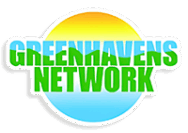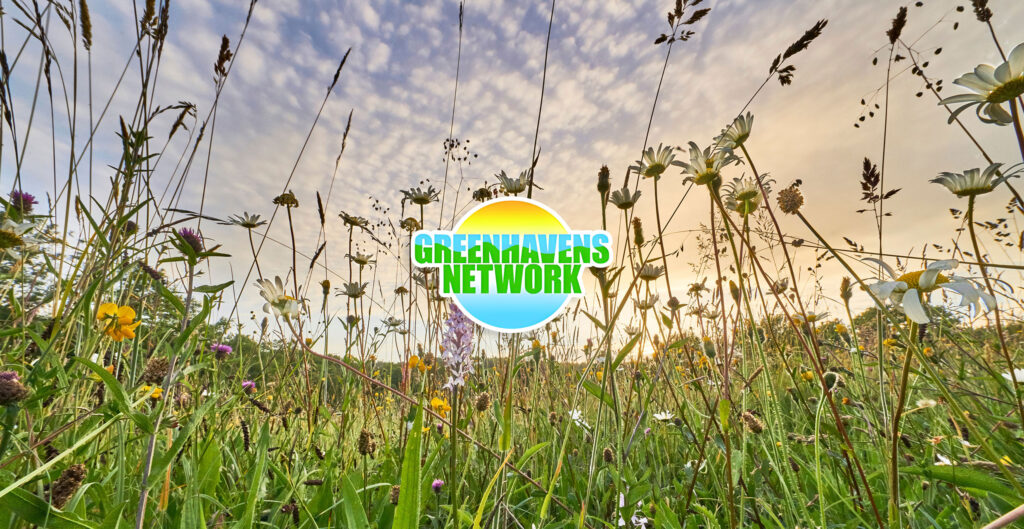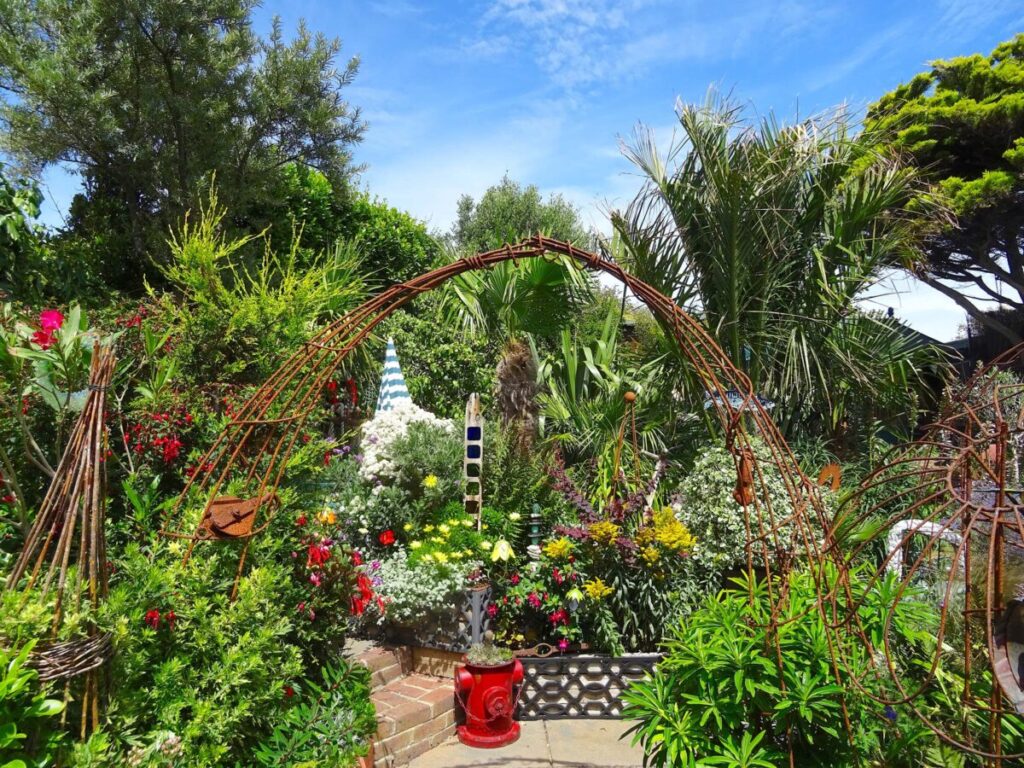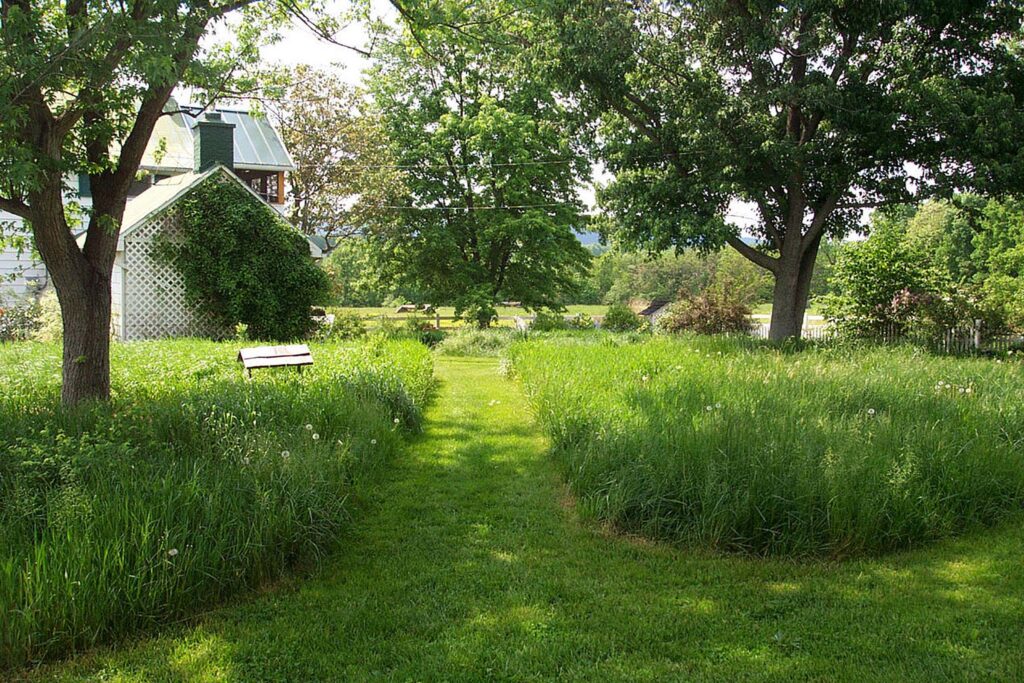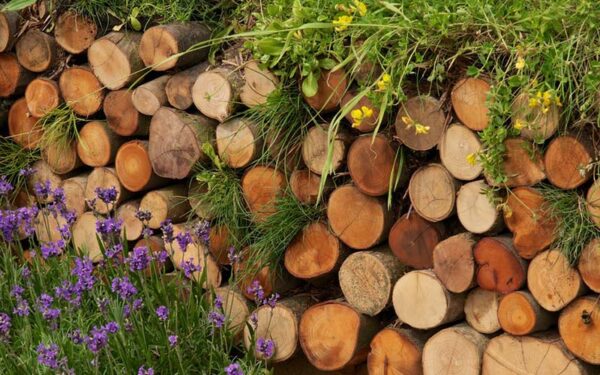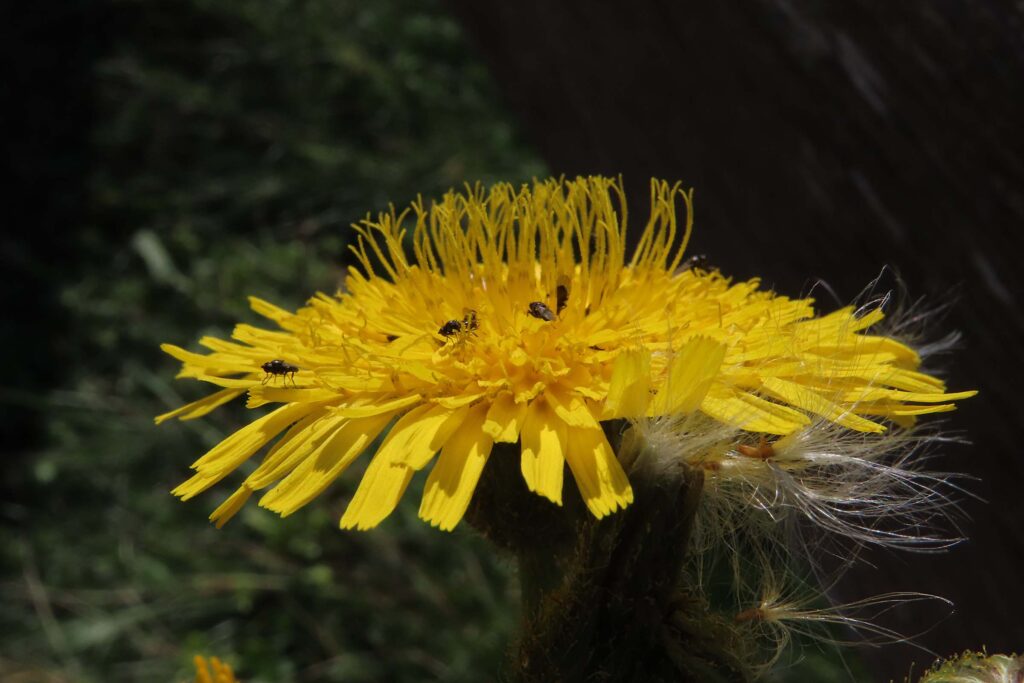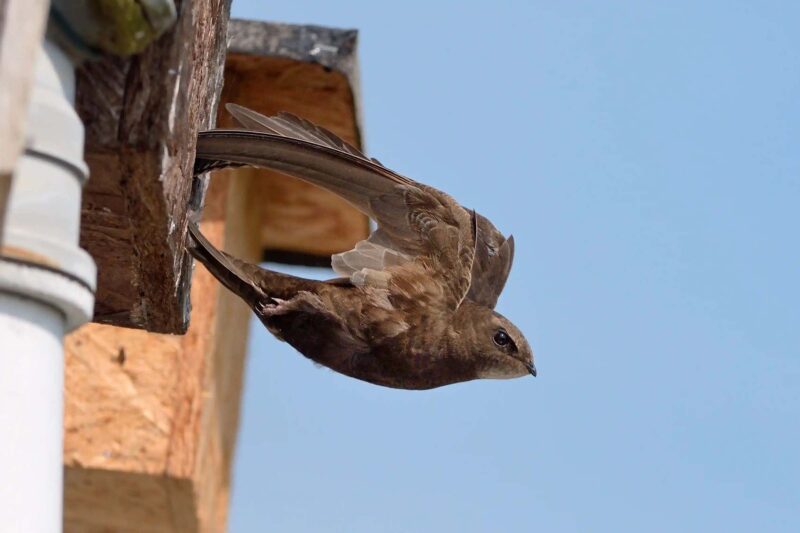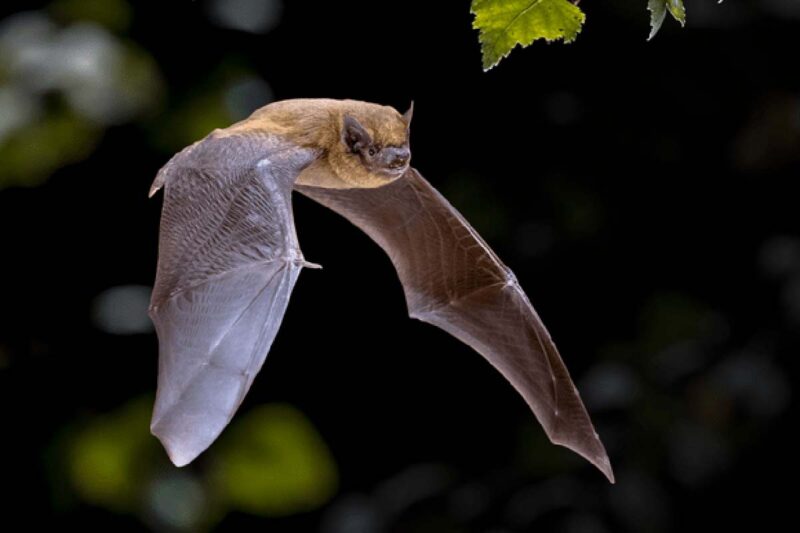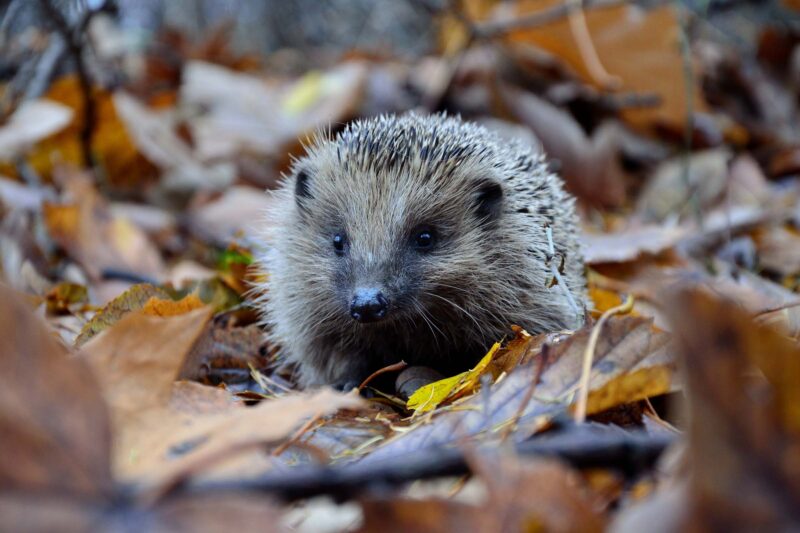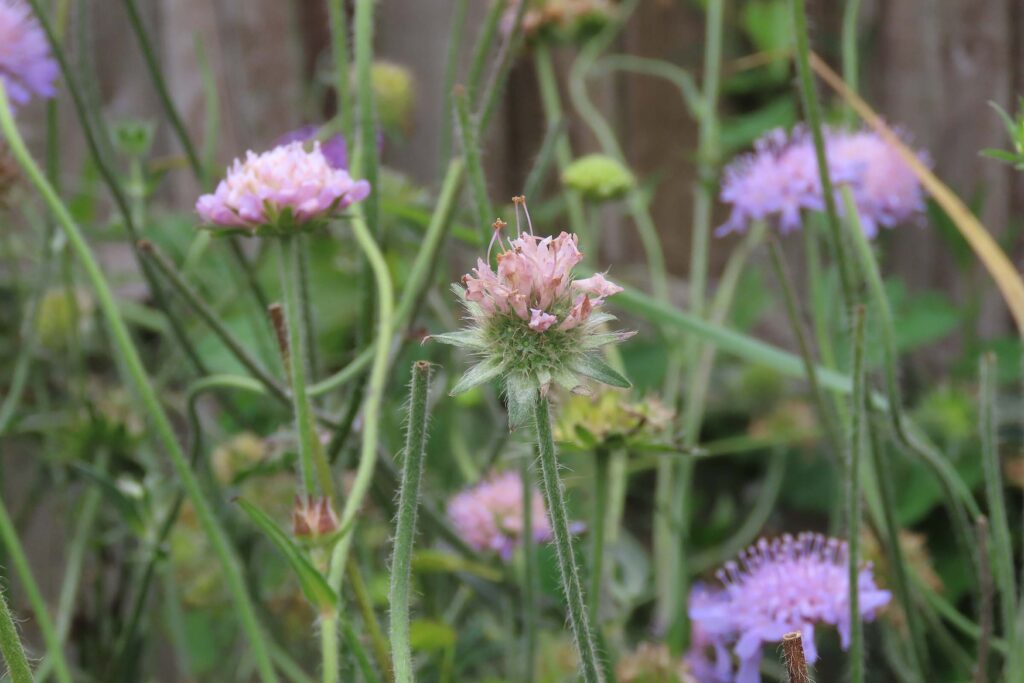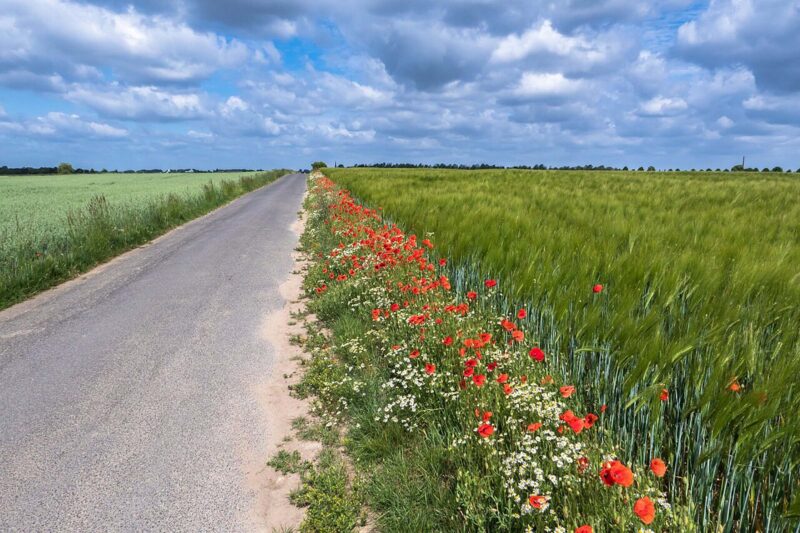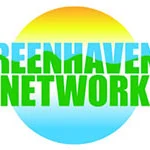Register your interest
Register your email address to receive updates and information about community events straight to your inbox. You can also request to join our private community group on Facebook.
Sign up to our newsletter
We do not share your information with any third parties. Your data is stored in a secure database. You can unsubscribe at any time by using the links in every email.
Who are Greenhavens Network?
Greenhavens Network is run by committed local people wishing to support communities to protect their greenspaces, connect with nature, learn the skills to monitor and provide habitat for wildlife; everyone is welcome.
We aim to engage and inspire people of all ages, abilities and backgrounds to make positive changes in their lives, their communities and the green spaces we all love. We want to see our open spaces buzzing with wildlife and more wildlife corridors and stepping stones across the Havens, Seaford and up the lower Ouse Valley beyond Lewes, through innovative habitat creation on small to large scale.
Through sharing ideas, local knowledge, skills and resources we aim to make a significant difference to the quality of open spaces. We hold regular network meetings. We try to support groups leaders through meet ups and sharing information from larger initiatives.
Connecting people to wildlife locally
Working in the Havens, Seaford and towards Lewes
Rewilding areas and community gardens
Community-focussed projects
Regular networking opportunities
Registered charity:
1200006
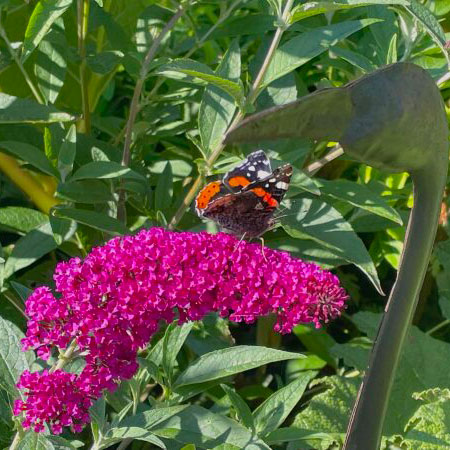
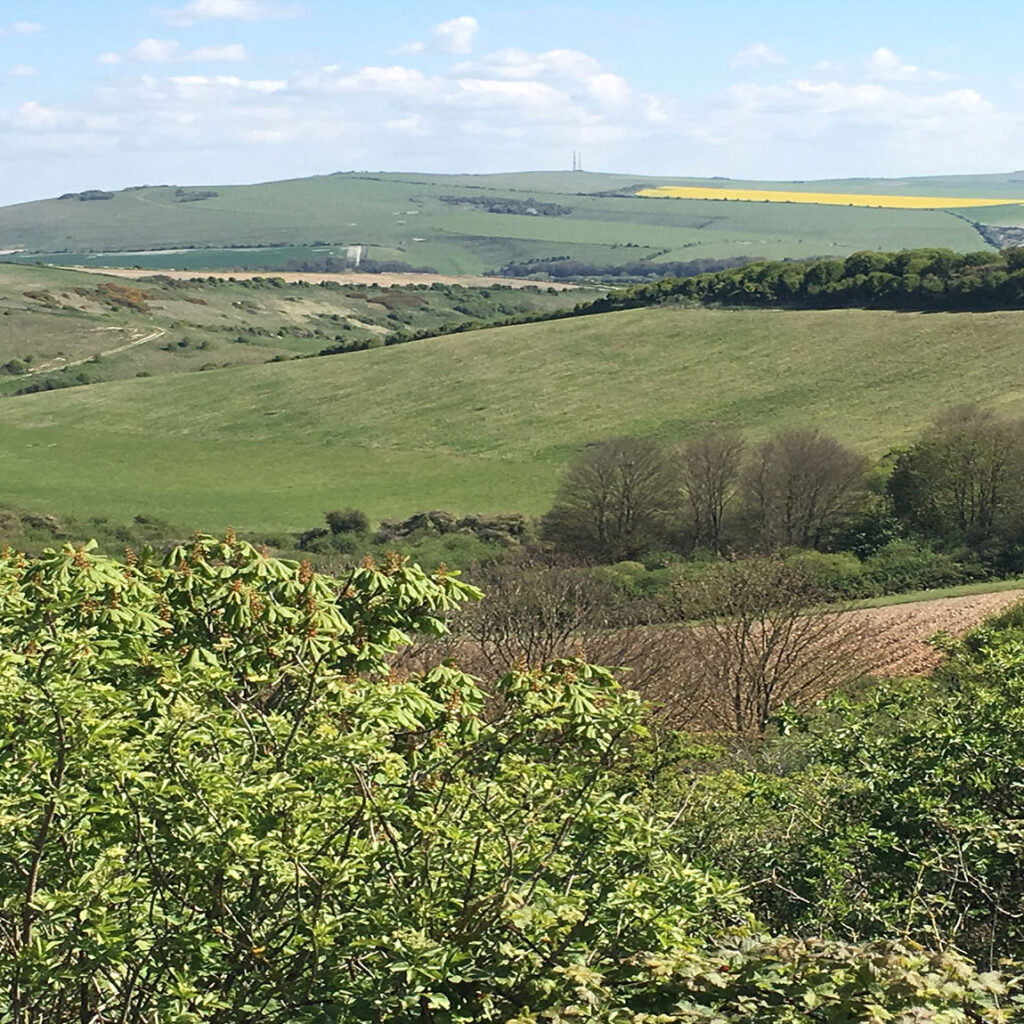

Support Greenhavens in the Lewes District Local Lottery
We’re currently providing various training and wellbeing sessions with partner groups. We’re also popping up in various places with our seed and plant swap. All this to empower groups and residents to improve pollination in gardens and wild spaces across the District.
Lewes District Local Lottery
You can now support Greenhavens Network by purchasing lottery tickets for the Lewes District Local Lottery. We need your help to keep the Network going. We’re currently providing various training and wellbeing…
Notice of AGM
The Annual General Meeting for Greenhavens Network will take place on Thursday 11th September 2025 at 18:30. Location: The Old Parcel Room, Bishopstone Station, Station Road, Seaford. View Agenda
Cathy Norcott-Jones – Wilder Garden
“I wasn’t really sure what I expected when I joined Wilder Gardens. I suppose I just wanted some tips about how to make my small garden a bit more wildlife friendly because I…
Geoff Stonebanks – Wilder Garden
“When I began gardening back in 2007, after having been able to retire early, I can honestly say I did not know much about what I was doing, some might say I still…
No Mow – Stop Mowing and Leave a Patch Wild
Wildflowers play a central role in making your garden more wildlife friendly. That is because they provide an important source of nectar and pollen for our (local) pollinators! The climate crisis, industrial agriculture and rapid urbanisation…
Log piles and Dead Wood for Wildlife
Log Piles While you can build proper hedgehog homes, you can also just stack pallets on top of each other to create a shelter for hedgehogs or “even stacks of woods are fine” says chairman…
Wildflowers for our Pollinators
Why Wildflowers are so important? Wildflowers play a central role in making your garden more wildlife friendly. That is because they provide an important source of nectar and pollen for our (local) pollinators! Ever expanding intensive…
How to Support Swifts
Swifts have declined by more than 50% in just the last 20 years; Conservationists think that a lack of nest sites could be partly to blame. By installing a nest box, we can give a swift a…
How to Support Bats
Bats are important to our ecosystems. For example, some plants depend on bats for pollination and the spreading of their seeds. Bats can also provide a natural form of pest control since their food sources are mostly…
How to Help Hedgehogs
Hedgehogs are an important and beloved companion of our garden environments. While they have a varied diet hedgehogs are referred to as insectivores since they like to munch on many different garden invertebrates including snails and slugs,…
Leaving Seed Heads over Winter to Help Wildlife
Leaving the dead flowers and plant heads standing throughout the winter is another easy way to support your local wildlife! The seed heads offer a food source for birds at a time of the year when…
